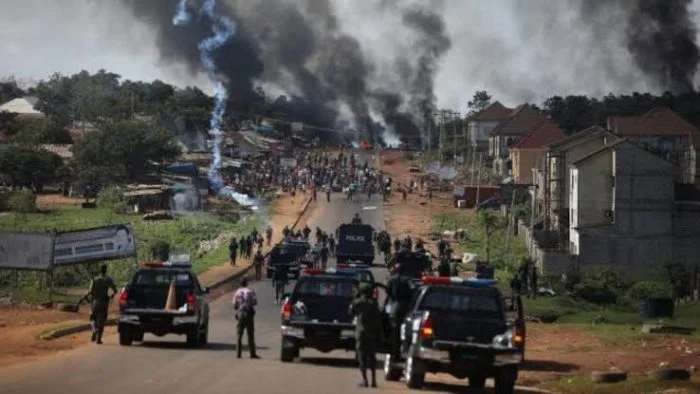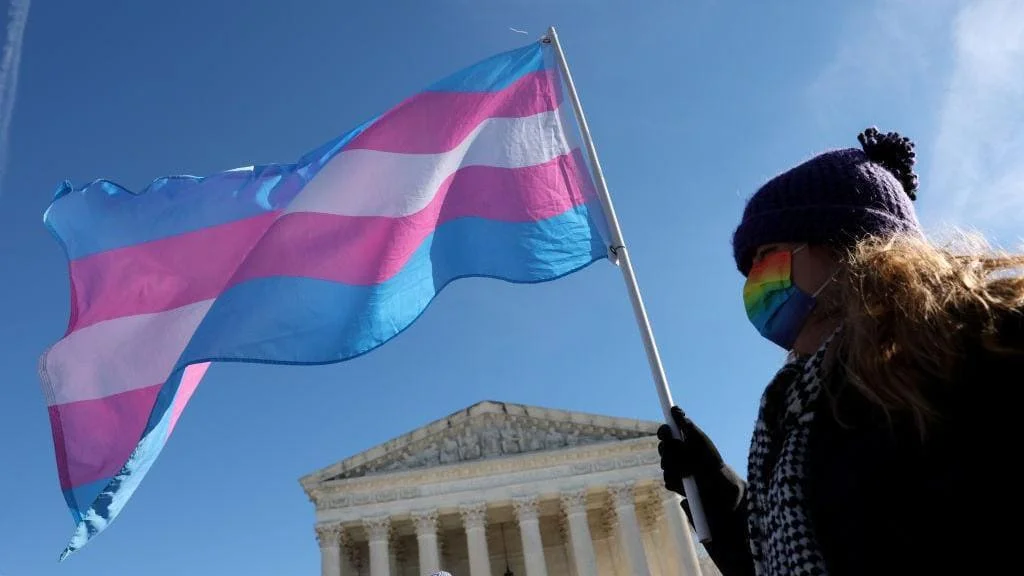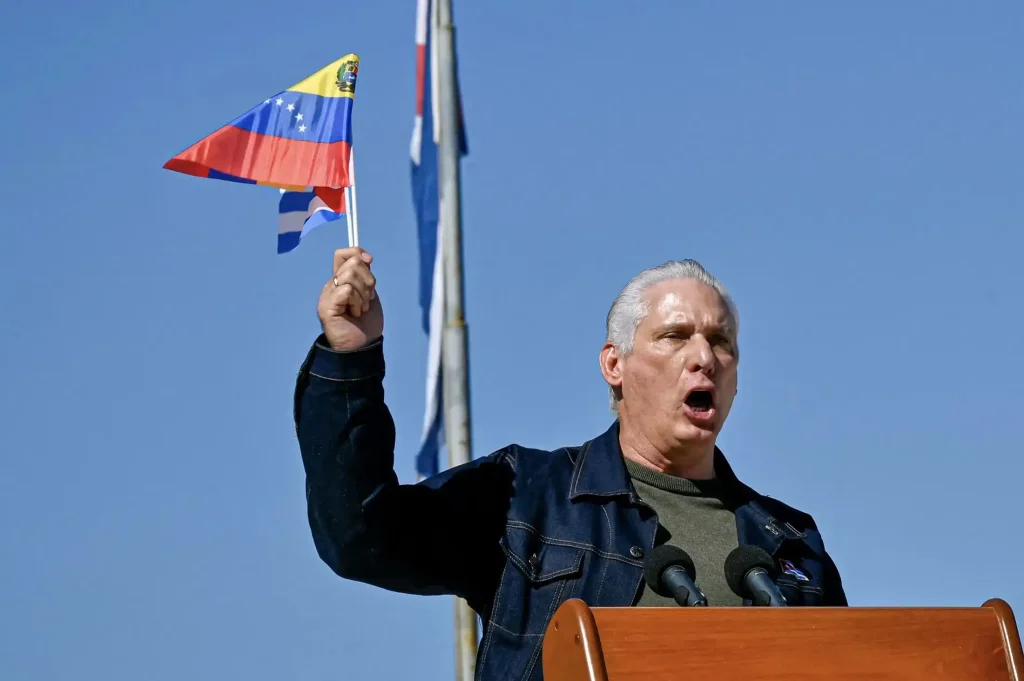A four-day forum in Bamako, Mali’s capital, has concluded with a recommendation to postpone elections scheduled for February. The delay could range from six months to five years, citing security concerns as the primary reason.
The National Conference on Reform, attended by 1,600 delegates, was tasked with proposing a timeline for Mali’s transition back to civilian governance. This comes after an army faction, led by Colonel Assimi Goita, overthrew President Boubacar Ibrahim Keita in August 2020.
Initially, Mali’s transitional government had agreed to hold elections in February 2022, 18 months after the coup. However, progress has been slow, with the junta blaming disorganization and ongoing Islamist violence in the country’s north and central regions.
The Economic Community of West African States (ECOWAS), the region’s main political and economic bloc, had imposed sanctions on the coup leaders and threatened further action if Mali failed to produce an election plan by December 31, 2021.
Following three weeks of discussions at regional and national levels, the forum delegates recommended delaying the elections by at least six months, with some proposing up to five years. The government has stated it will consider these recommendations and decide on a new election calendar by the end of January.
While several major parties and social organizations boycotted the consultations, deeming them futile, many attendees expressed satisfaction with the outcomes. The conference also recommended establishing new military camps, particularly in central Mali where jihadist groups are prevalent, and supported the development of new military partnerships, notably with Russia.
Other recommendations included disbanding self-styled militia groups and integrating them into the army, as well as addressing issues such as constitutional reform, education, and women’s rights.
Colonel Goita addressed those who had boycotted the consultations, urging them to understand their duty to safeguard the nation. He also requested more “support” and “solidarity” from ECOWAS to help Mali achieve its development objectives.
However, a prolonged transition back to democratic rule is likely to face opposition internationally and risks isolating Mali from its neighbors and former colonial power, France. France is currently reducing its military presence in northern Mali but still has thousands of troops deployed there fighting against insurgencies linked to al Qaeda and Islamic State.






















